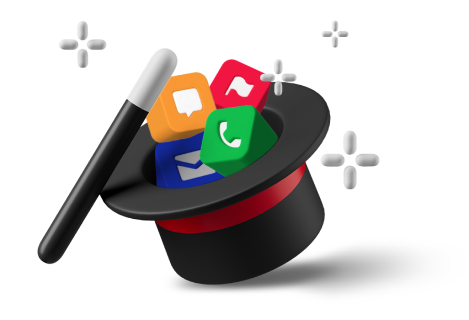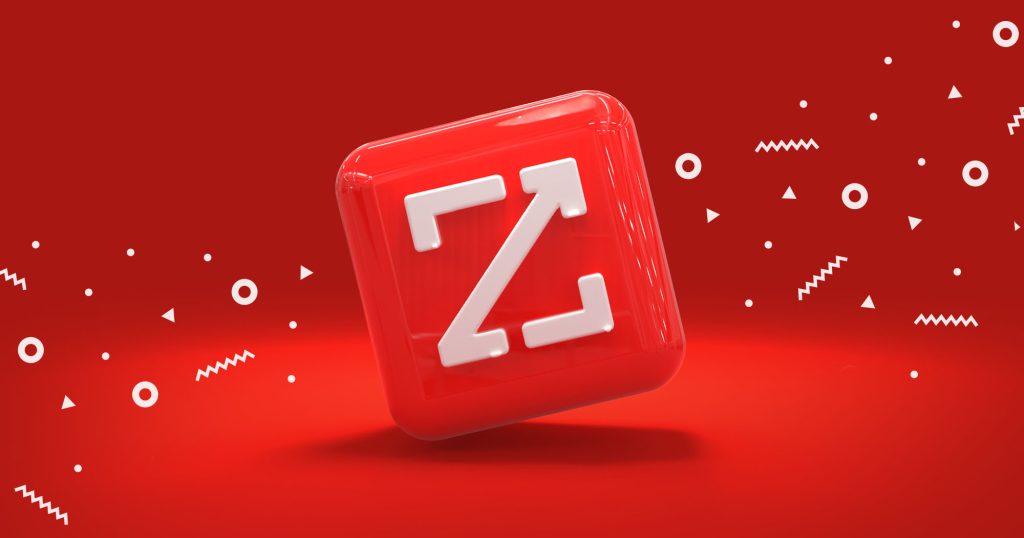Artificial Intelligence (AI) is rapidly reshaping the landscape of lead scoring and qualification, bringing a wave of innovation and efficiency to sales strategies. In this article, we will delve into how AI is revolutionizing this field, offering practical and actionable insights to supercharge your lead generation game.
Understanding the AI revolution in lead qualification
Before we dive into the specific ways AI is changing lead scoring and qualification, let’s take a moment to understand the breadth and depth of this transformation. AI’s ability to process vast amounts of data and uncover patterns invisible to the human eye is at the core of this revolution.
The Evolution of Data Processing
In the past, lead scoring was heavily reliant on manual processes. Sales and marketing teams would gather data, often limited in scope and depth, and then apply a set of predefined rules to score leads.
This approach had two significant limitations: it was time-consuming and inherently biased based on the creators of the rules.
Enter AI. With its advanced algorithms, AI can process not just more data, but more complex data with maximum precision.
This includes not only demographic information and browsing history but also subtler indicators like social media interactions, time spent on specific web pages, and even the tone of the interactions. The key here is the sheer volume of data AI can handle – something entirely unfeasible for human analysts.
Uncovering Hidden Patterns
AI doesn’t just process data at scale; it excels in identifying patterns and correlations that are invisible or non-intuitive to humans.
For example, AI might find that leads who watch a particular video on the website for more than a certain duration are more likely to convert or that a combination of specific product views and email interactions indicates a high-quality lead.
These insights are derived from complex data analysis, often involving machine learning techniques that continually refine their accuracy.







![How to Write Your Perfect LinkedIn Connection Message [With 15+ Templates] How to Write Your Perfect LinkedIn Connection Message [With 15+ Templates]](https://reply.io/wp-content/uploads/linkedin.messages-1024x538.jpg)